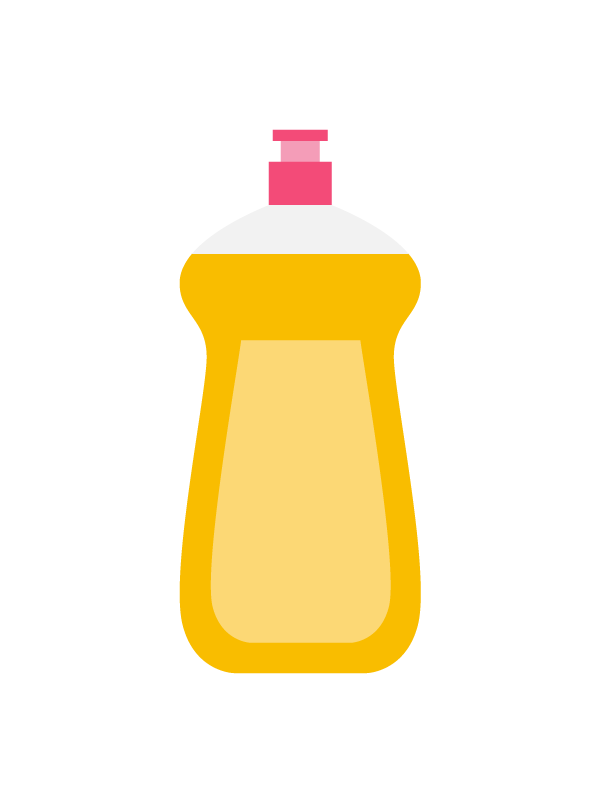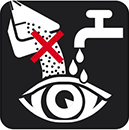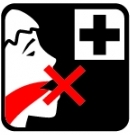
Benefits
They remove residual food as well as bacteria.
-
They are formulated to be tough on dirty dishes but kind to hands.
Safe use
-

Keep away from eyes. If product gets into eyes rinse thoroughly with water.
-

Do not ingest. If product is ingested then seek medical advice.
Sustainable use

-
Choose products that have the Charter for Sustainable Cleaning logo on their label, this indicates that you are choosing a product that meets strict sustainability criteria.
-
If you wash your dishes, fill the sink or a basin and do not wash them under running water.
-
Wash the dishes straight after the meal, this will make washing-up much easier and also help save water.
-
Before you start, scrape the remaining food from plates.
-
For dried-on or burnt food stains, soak dishes in hot water, as hot as possible, with a small drop of washing-up liquid. This will make washing up easier and help save water.
-
Use the correct amount of washing-up liquid – follow the instructions on the label.
-
Start by washing less-soiled items first and leave the dirtier, greasier items until last. This will help the washing-up water last longer.
-
A dishwasher uses ten times less water and three times less energy than washing the dishes by hand.
